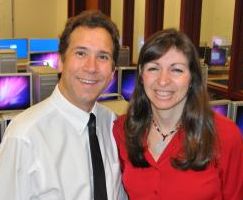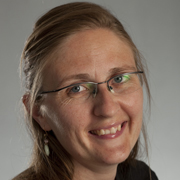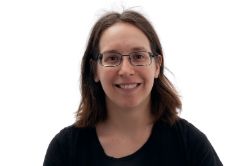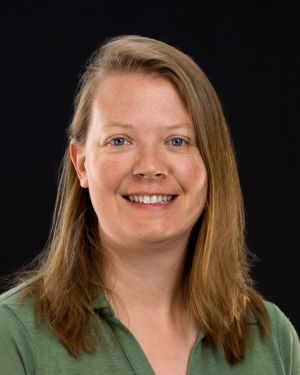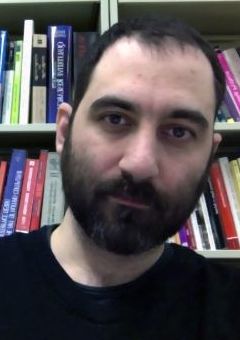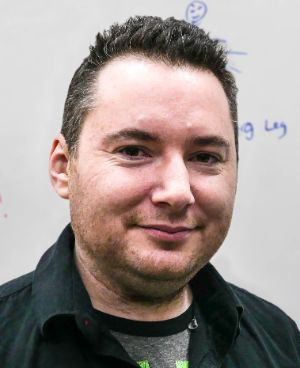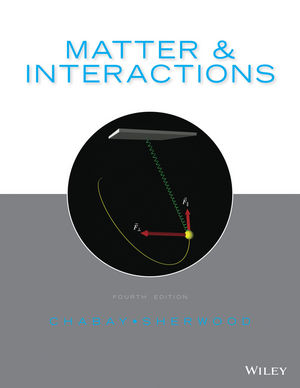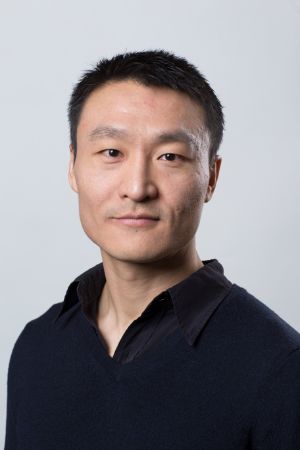Tidligere arrangementer - Side 7
Doctoral candidate John Mark Aiken at the Department of Physics, Faculty of Mathematics and Natural Sciences, is defending the thesis "Understanding University Student Pathways Towards Graduation with Machine Learning and Institutional Data" for the degree of Philosophiae Doctor.
Quantum Computing: Many-Body Methods and Machine Learning
Generating artificial electrophysiological recordings with neuron action potentials using a GAN-network
Using Machine Learning to Recreate Signals from the Primary Visual Cortex of Mice
Using Deep Reinforcement Learning for Active Flow Control
Computer science was originally invented as a tool to support learning in other disciplines, including engineering and economics. Today, most of computer science education is aimed at preparing future software developers. How do we broaden the appeal of and access to computer science education, to something closer to what the inventors of the field had in mind?
Practical work like laboratory work and fieldwork is integrated parts of many science educational programmes. However what do students learn through practical work?, and is it the same in different types of practical work?
Welcome to a company presentation by two former master students of the CS program now working at S & T - with many interesting job possibilities for everybody who loves Computational Science.
The ScienceAtHome group at Aarhus University has developed a number of games and tools for quantum-physics-based citizen science and education. One of these tools, Quantum Composer, allows students and researchers to explore quantum mechanics in one dimension.
We have developed a framework to describe the modeling process in physics laboratory activities.
This talk investigates what it means to learn computer science content, how we might better support computer science learning, and how we might better understand what learners know.
"Classical Molecular Dynamics using Neural Network Representations of Potential Energy Surfaces"
"Studies of Quantum Dots using Machine Learning"
"Latent Variable Machine Learning Algorithms: Applications in a Nuclear Physics Experiment"
The presentation touches on learning goals, assessment, and teaching practices around computation and discusses research that has been carried out in the context of P-Cubed that has informed our thinking and resulted in iterations on our design.
Velkommen til det årlige juleseminaret vårt! I år fokuserer vi på beregninger og programmering i begynnerundervisningen i fysikk og integrasjon av programmering i matematikk i fagfornyelsen i skolen fra 2020. Programmet vil også inkludere en offisiell åpning av de nye lokalene til senteret.
A curriculum for the introductory calculus-based course taken by beginning university science and engineering students, takes a contemporary perspective on introductory-level physics.
Pizza and gaming night/evening afterwards. You are all very welcome.
Today’s speaker is Gaute Einevoll, a computational neuroscientist. He will present possible master thesis topics as well.
Although quantitative approaches to data generation, collection and analysis are common in physics education research (PER), they are frequently misunderstood even among veteran scholars in the field.
New trends in physics education stress the importance of an inquiry based learning. Arduino and smartphones make it possible for every student to perform quantitative, precise and instructive experiments, even at home. Both tools can be exploited at universities as well as in high schools and are complementary to each other.
Professor Anne Solberg from the Department of Informatics (IFI), UiO, will give a talk on the very hot topic "Deep learning for image analysis applications - overview and challenges". Right after the seminar, there will be pizzas and an opportunity to mingle with the speaker and others.
"Industrial Multi-step Time Series Forecasting with Machine Learning Methods"
In this session, we describe how peer observation can be used to promote lasting adoption of evidence-based instructional practices.
.jpg?alt=listing)
